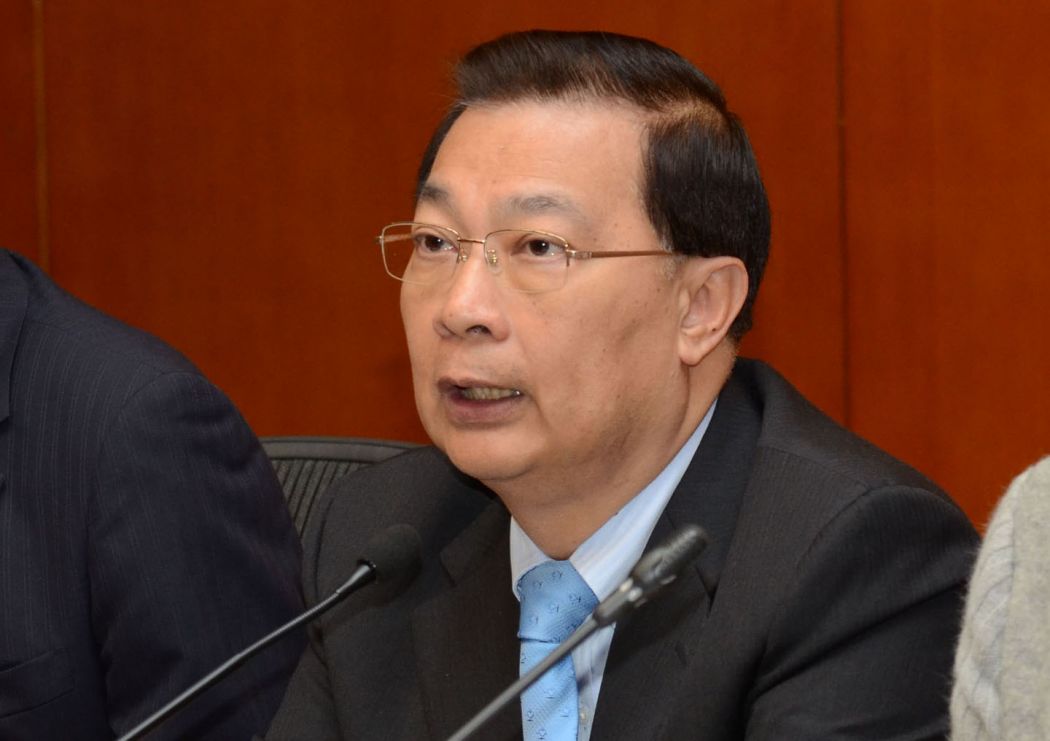Pro-Beijing heavyweight Tam Yiu-chung has said that legislating for Hong Kong’s controversial national security law will be in his manifesto when he runs for China’s top legislature.
Tam, a former lawmaker, is a member of the Chinese People’s Political Consultative Conference. But he has said he will switch from the advisory body and run for a seat on the National People’s Congress. He may replace Rita Fan as the only Hong Kong member of the top legislature’s Standing Committee.
The former Democratic Alliance for the Betterment and Progress of Hong Kong chairman said it was not acceptable that the Hong Kong government had yet to enact Article 23 of the Basic Law.

“It is not only a constitutional duty, there is a practical need. In recent years, some have openly advocated for Hong Kong independence with actual actions. If some continue to advocate for it, they are challenging the Basic Law, and the enactment of Article 23 will have a deterrent effect,” he told the pro-Beijing Sing Tao Daily in an interview.
He added that he hoped the current administration can complete the legislative work within this term, and the public should understand that it is a constitutional duty.
Article 23 states that Hong Kong shall enact laws on its own to prohibit any act of treason, secession, sedition, or subversion against the central government, or theft of state secrets, among other acts. Following mass protests in 2003, the plan to introduce it was abandoned.
The debate over the failed law was revived last week as top Beijing official Li Fei made a direct mention of it in a keynote speech, stating that the “adverse effects” of not having such a law have been widely observed. He said the pro-independence movement in Hong Kong must be crushed.
Pro-democracy camp influence
The 36 Hong Kong delegates will be chosen next month by 1,989 people, of which around 200 are of the pro-democracy camp. The democrats automatically gained a right to vote because they were members of the chief executive election committee. The pro-democracy members include two Hong Kong independence advocates Chan Chak-to and Henry Wong Pak-yu, and the co-founder of the 2014 Occupy protests Benny Tai.

The race adopts a block vote system, thus it is unlikely the pro-democracy camp will have any significant effect on the result, other than forcing a minority of candidates to lose.
Tam also said any reform of the political system must follow Beijing’s restrictive “August 31” 2014 framework which states that there must be a nomination committee – largely controlled by Beijing – to vet chief candidates candidates before a popular vote.
He urged the government to speed up local legislation of the national anthem law: “I do not hope to deter people by having a retroactive period – unless there is no other choice.”
Tam said another suggestion in his manifesto will be to improve convenience for Hong Kong people in studying, working or investing in the mainland.
